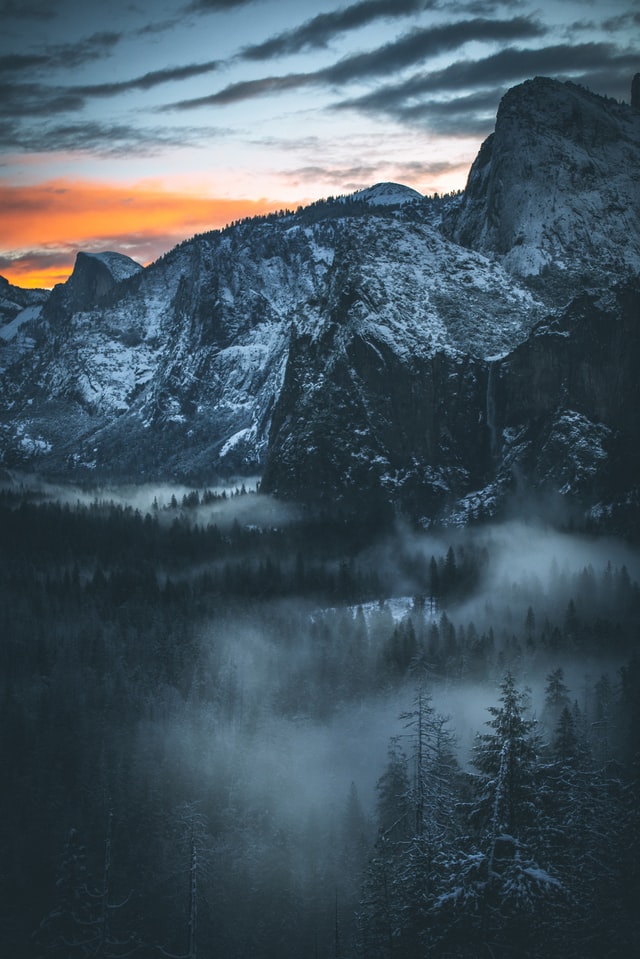Pain is your body's signal that something isn't right. To help manage it, doctors often prescribe powerful opioids -- but they're not always the best option and can quickly lead to addiction. Illuminating the fine line between substance use and abuse, Dr. Jen Gunter explains what opioids do to your perception of pain, the risks they pose and the questions to ask your doctor about them. (For more on how your body works, tune in to her podcast, Body Stuff with Dr. Jen Gunter, from the TED Audio Collective.)
Youth leader Shreya Joshi diagnoses a key source of political polarization in the US and shows why having "uncomfortable conversations" with people you disagree with is crucial to bridging the divide. "When we are able to recognize what unites us, it becomes so much easier to have conversations about what divides us," she says.
What will it take to power the planet in a way that doesn't hurt it? Chris Roe, Amazon's director of energy and sustainable operations, shares the company's pledge to get to net zero carbon and fully operate all buildings -- including data and distribution centers, centers, warehouses, commercial offices and grocery stores -- on 100 percent renewable energy. He reveals the most critical part of achieving these goals: partnering with companies around the globe to spearhead new wind and solar projects. Modeling a collaborative approach to a climate-friendly future, Roe invites leaders and companies everywhere to set their ambitions high and create a world that runs on green energy -- because we can only achieve this together.
Pakistan contributes less than one percent to the global greenhouse gas emissions perpetrating climate change, yet one-third of the country was recently inundated with "biblical" floods that killed hundreds and displaced millions. If we're to move towards a sustainable future in the wake of such tragedies, the response will require more than just infrastructure repairs and a return to the status quo, says columnist Huma Yusuf. She shares a vision for global climate diplomacy where the countries responsible for pollution pay reparations for the damage they've caused, while developing countries bring forward a clean, green future. (Followed by a Q&A with TED Global Curator Bruno Giussani)
Eighty percent of the world's biodiversity is within Indigenous territories, yet these communities often don't have a say when it comes to protecting the lands they inhabit. Environmental activist Jupta Itoewaki explains why Indigenous peoples are best positioned to lead the world's efforts to preserve nature and maintain a habitable planet -- and reminds us of their outsized importance in charting a sustainable future.
We know diversity, equity and inclusion (DEI) boosts creativity and profits, but progress has been slow: today, nearly 90 percent of Fortune 500 CEOs are white males. It's time for leaders to become "rock stars" of inclusion -- and that starts with pushing through discomfort to forge new connections, says veteran broadcaster and diversity leader June Sarpong. She presents examples of successful, creative DEI efforts and calls for leaders at the top to make the first move. "When it comes to diversity and inclusion, we need bold disruptors who are uncomfortable with the status quo, even if the status quo benefits them," Sarpong says.
People often mix up food allergies and food intolerances, even though they require completely different medical treatments. Dr. Jen Gunter explains how allergies quickly trigger the immune system, while intolerances disrupt digestion and can sometimes take days to show up. Learn how to spot the difference and get a better understanding of how your body reacts to food. (For more on how your body works, tune in to her podcast, Body Stuff with Dr. Jen Gunter, from the TED Audio Collective.)
If you think social media is powerful, keep an eye on immersive video games, says futurist Noah Raford. As more and more people are drawn into virtual worlds, the communities they forge are spawning real-world social movements. Raford urges us to recognize what's really going on -- and then harness those forces to build the future we want.

